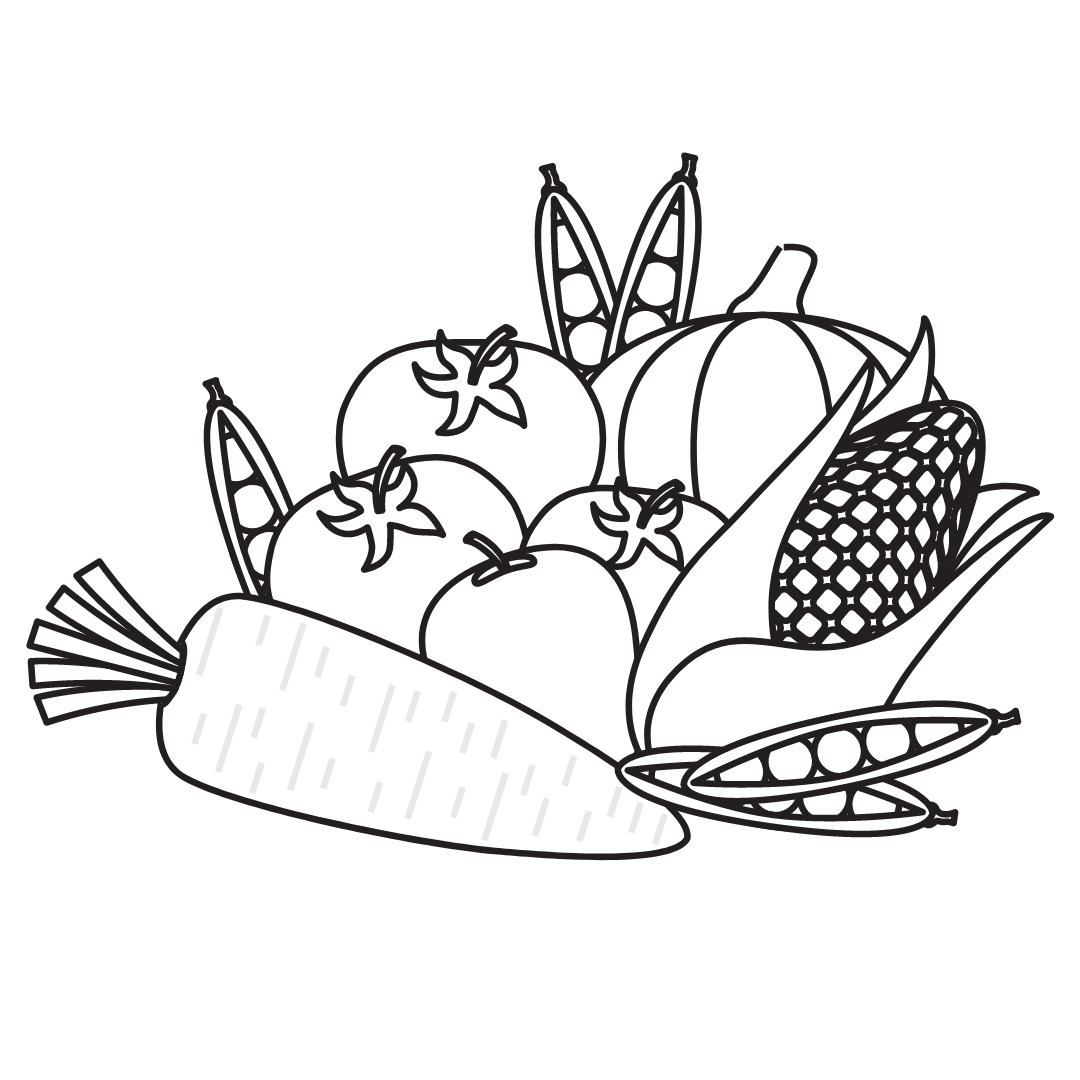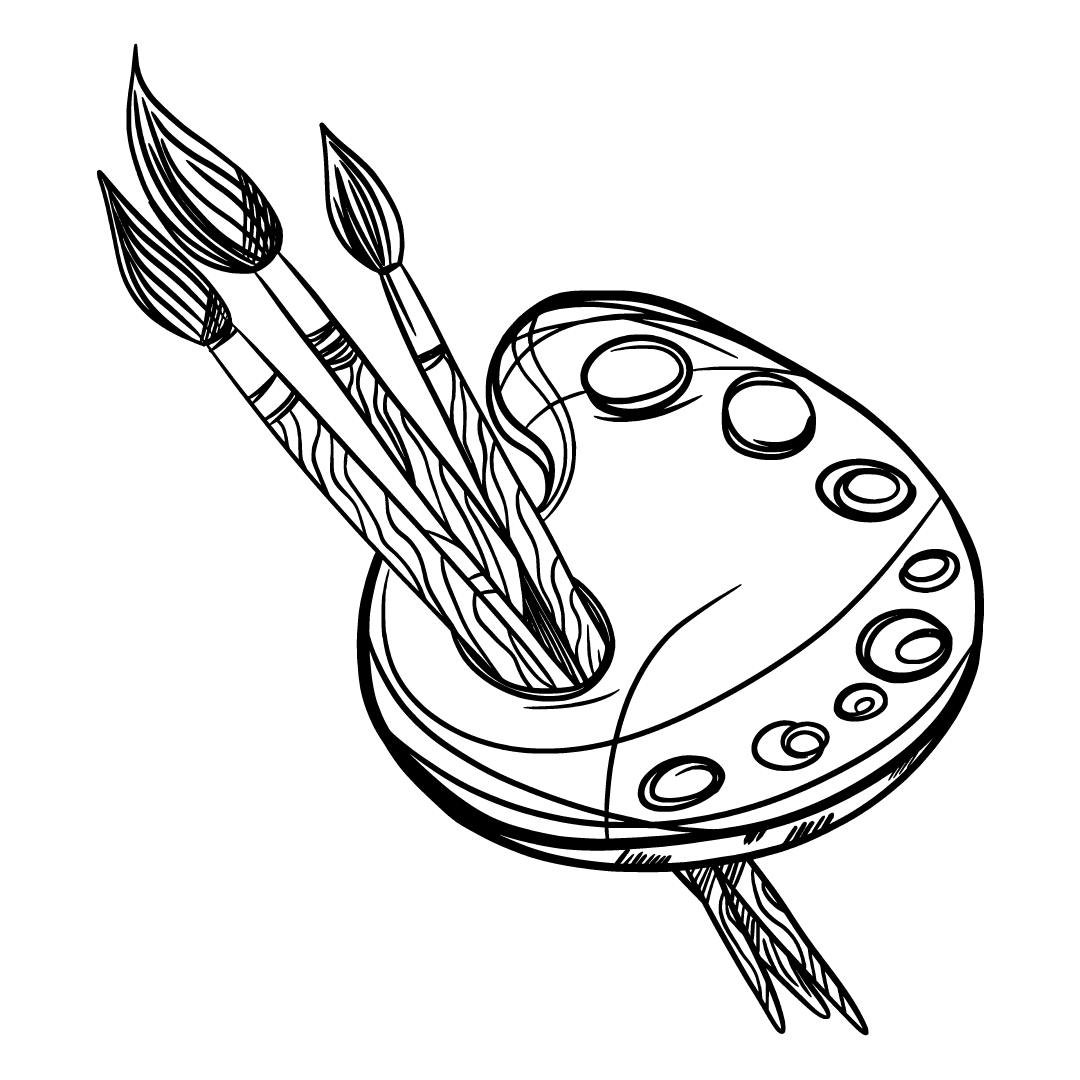We can come to you in our Plantmobile and bring a horticulture lesson right to your classroom or community event or you can visit the Garden and be immersed in our horticulture lesson.
Plantmobile offers a unique tabling opportunity at community events, libraries, town fairs, green events, and more. We provide a gardening experience no matter where we go!
For more information on Community Events or please contact us at Education@masshort.org.
We can work with teachers, students, or any community member who’s looking to delve deeper into horticulture.
Learn the basics of gardening including wise watering, weeding dos and don’ts, planting and seeding times and so much more! Add diversity to your vegetable garden by incorporating pollinator friendly plants and other features. We can mentor you throughout your process of site selection, soil testing, and answer any questions that come up on your way to running a successful garden.
60 minute Single Session – $175
3 session bundle – $500
Round trip mileage is added to final costs, .58 per mile.
Programs are 60 minutes unless otherwise noted
$50 charge per session break
Maximum of 25 students per session

Offered to grades PreK-5th
Students will discover and explore the different parts of a plant and the functions they serve.
Through age-appropriate activities, each child will learn to recognize these body parts in familiar and new plants they observe in their own life. As the students get older, they will learn how these body parts help the plant interact with the Earth and other living organisms.

Offered to grades PreK, K, 1, 2, 3, 5
Using pollinators as our guide, students will discover the hidden relationships in the natural world around them. Students will learn the parts of a flower and the flower's needs, while simultaneously learning about the special body parts pollinators have to meet their needs and meet the flowers' needs. The focus of these lessons is on interdependency, specialized body parts, and the health and life cycle of both plants and pollinators.

Offered to grades PreK, K, 2, 3, 5
Beginning with Prek, students will learn what an ecosystem is and what types of ecosystems exist in our world today. As the students get older, we focus on specific ecosystems present in Massachusetts and New England. Through mapping, plant identification, observing relationships, and physical experimenting, students will learn how to identify an ecosystem and the living beings who call that ecosystem home.

Offered to grades PreK, K, 2, 4, 5
What is living beneath our feet? In this unit, students will learn that soil is the home to many creatures big and small. The students will discover through inquiry and experimenting, why and how soil is so important to not only humans, but the entirety of our planet. In grade 4, students will contemplate big topics like erosion and land formation through experimenting and modeling, while in grade 5, students will utilize a real worm bin and design compost projects to implement at school or at home.

Offered to grades PreK, K, 1, 2, 5
Where does our food come from? How did it get here? In this unit, students will explore the many facets of agriculture and the food we eat every day. The younger grades will make connections to plant parts and inherited traits, while older grades will tinker with ways to improve our agricultural systems and make connections to the history of New England farming.
And, of course, all grades will get to taste-test some farm fresh fruits and veggies!

Offered to grades PreK, K, 1, 3, 5
Weather is one of the most important aspects to a plant's life. Students will learn to predict, measure, and analyze weather in their gardens or at their school. We will make connections to climate zones and identify which plants can grow in what types of climates, thus creating unique ecosystems. In grade 5, students will learn about our changing climate, how that affects the plants we grow (and eat!) and tinker with solutions to this problem.

Offered to grades 1, 2, 3, 4, 5
Massachusetts Horticultural Society houses one of the largest collections of botanical art and illustrations in North America. Starting in 1829, the Society has educated people on the art of Botanical Illustration through art shows, libraries, and classes. Students will learn the history of botanical art, the science behind it, and get a chance to create their own plant-focused masterpiece.

Offered to grades 3, 4, 5
North America has a rich history of natural dyes and fabrics throughout the many cultures that have called this place home. Students will learn about native plants used to create clothing, art, and dyes while diving deep into the original techniques for creating art and objects from plants. Through demonstration and experimenting, students will create their own naturally dyed works of art.
Get answers to your Plantmobile by contacting our education team today!
YOU COME TO US!
On-site educational experiences at MHS’s Garden at Elm Bank are a truly unique experience that can’t be replicated inside a classroom or anywhere else. Join us for a hands on learning experience with frameworks derived curriculum on a wide variety of topics. Classes take place in Weezie’s Garden, a site designed specifically for children and the myriad of ways in which they learn. It’s a place where students can observe, interact, and learn from water, plants, animal and insect life first hand. Classes are developed and taught by Mass Hort trained leaders and class guides with CORI checks.
Please contact us above for more information.

Enjoy the Garden at Elm Bank at your own pace, groups can explore the gardens, picnic, and walk the woodland trails along the Charles River. Develop your own activities, sketch, or create a nature journal during your visit.

Take a walk in any season to see what grows and lives in our native woods and waterways. Discover how we benefit from the Charles River and the importance it plays in our day to day lives.

Offered to grades PreK-5th
Students will discover and explore the different parts of a plant and the functions they serve.
Through age-appropriate activities, each child will learn to recognize these body parts in familiar and new plants they observe in their own life. As the students get older, they will learn how these body parts help the plant interact with the Earth and other living organisms.

Offered to grades PreK, K, 1, 2, 3, 5
Using pollinators as our guide, students will discover the hidden relationships in the natural world around them. Students will learn the parts of a flower and the flower's needs, while simultaneously learning about the special body parts pollinators have to meet their needs and meet the flowers' needs. The focus of these lessons is on interdependency, specialized body parts, and the health and life cycle of both plants and pollinators.

Offered to grades PreK, K, 2, 3, 5
Beginning with PreK, students will learn what an ecosystem is and what types of ecosystems exist in our world today. As the students get older, we focus on specific ecosystems present in Massachusetts and New England. Through mapping, plant identification, observing relationships, and physical experimenting, students will learn how to identify an ecosystem and the living beings who call that ecosystem home.

Offered to grades PreK, K, 2, 4, 5
What is living beneath our feet? In this unit, students will learn that soil is the home to many creatures big and small. The students will discover through inquiry and experimenting, why and how soil is so important to not only humans, but the entirety of our planet. In grade 4, students will contemplate big topics like erosion and land formation through experimenting and modeling, while in grade 5, students will utilize a real worm bin and design compost projects to implement at school or at home.

Offered to grades PreK, K, 1, 2, 5
Where does our food come from? How did it get here? In this unit, students will explore the many facets of agriculture and the food we eat every day. The younger grades will make connections to plant parts and inherited traits, while older grades will tinker with ways to improve our agricultural systems and make connections to the history of New England farming.
And, of course, all grades will get to taste-test some farm fresh fruits and veggies!

Offered to grades PreK, K, 1, 3, 5
Weather is one of the most important aspects to a plant's life. Students will learn to predict, measure, and analyze weather in their gardens or at their school. We will make connections to climate zones and identify which plants can grow in what types of climates, thus creating unique ecosystems. In grade 5, students will learn about our changing climate, how that affects the plants we grow (and eat!) and tinker with solutions to this problem.
.jpeg?width=1659&height=1344&name=MHS%20Little%20Sprouts%20(1).jpeg)
Monthly classes designed to foster a love and sense of wonder for the outside world in your child. Geared toward preschool-age students.
Each month, we will explore a seasonal theme through a 5-senses garden walk, story-time, a hands-on craft or activity, and a take home kit.
Many of our youth & family programs are drop-in, so they're free with admission! Become a member today to receive free admission to the Garden.
©2025 Massachusetts Horticultural Society. All rights reserved.